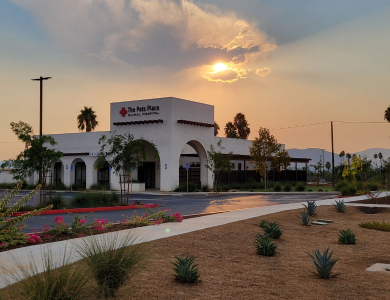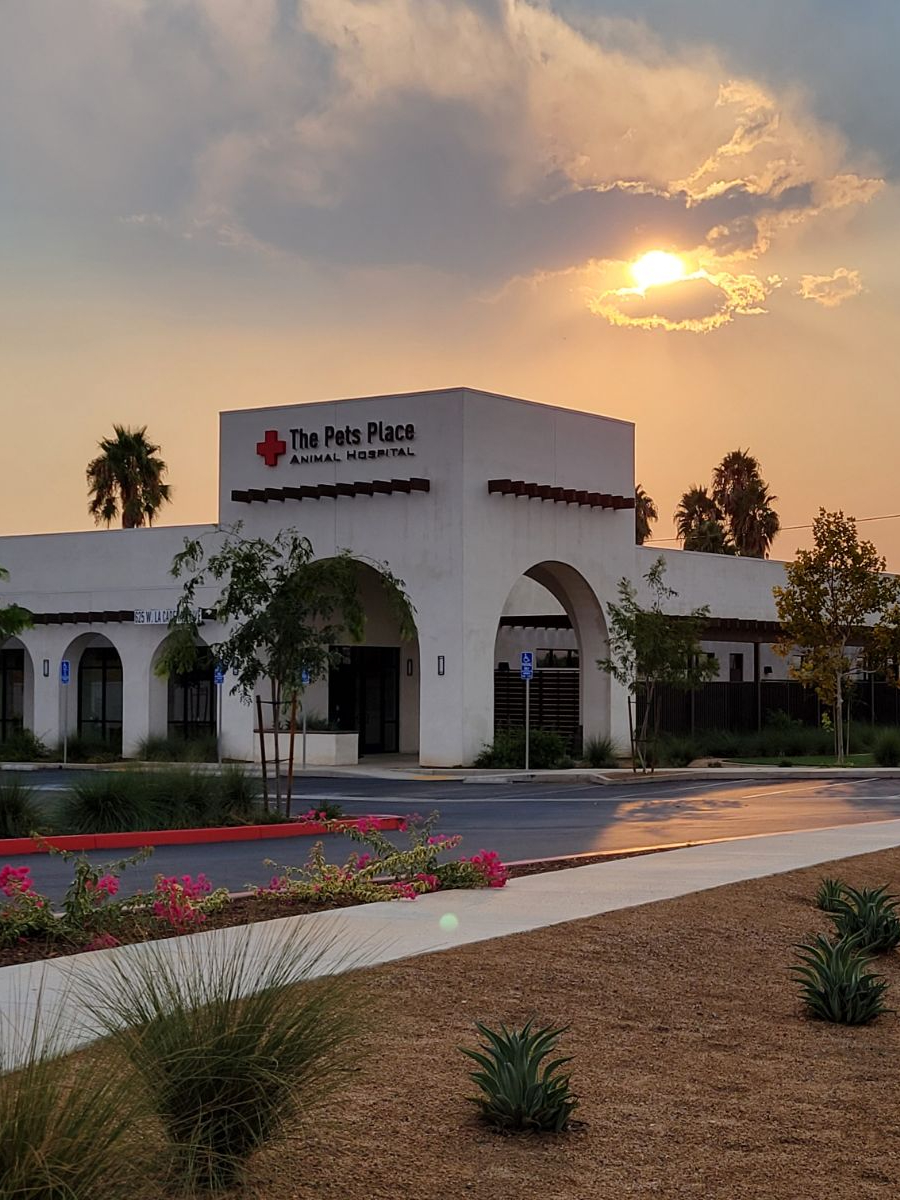
Even if nutrition isn’t your thing, it’s hard to avoid the many dietary trends being touted in the news, on social media, and by friends and family members galore. An interest in what we feed our pets is also on the rise, and pet nutrition trends are falling in line with the never ending human quest for the “perfect” diet.
When it comes to food, studies have shown that pet nutrition trends closely mirror our own values. Fresh fruits and vegetables, whole foods, and a focus on simple ingredients all play a role in many western diets, and pet owners are starting to expect the same when it comes to pet food.
Vegetarian/Vegan Diets
From weight loss to longevity, plant-based diets are becoming extremely popular for a variety of reasons. While there are plenty of vegetarian and vegan options when it comes to pet food, omitting an entire food group can leave a pet without essential nutrients. The risks associated with plant-based diets include:
An imbalance of certain vitamins, minerals, and essential fatty acids that are found mainly or only in animal products.
Cats cannot produce the amino acid taurine on their own, so they must consume animal products in order to get this essential building block into their diet.
A vegetarian diet may not provide adequate protein, especially for growing or active pets.
The Raw Food Diet
The raw food diet for pets was first popularized by Australian veterinarian Ian Billinghurst in 1993. It claimed that adult dogs would thrive on foods they ate prior to the rise of their domestication (e.g., meat, bones, and vegetable scraps). Raw food purists can create their own pet food or purchase fresh or frozen options at most major pet supply stores.
Although proponents of raw food diets cite many benefits, such healthier skin and coats, cleaner teeth, and more energy, the list of potential downsides is just as long. Risks include the threat of bacterial contamination for both pets and people, vitamin and mineral deficiencies, and the dangers associated with consuming bones (choking, tooth breakage, intestinal obstruction or puncture, etc.).
Grain/Gluten-Free
It seems as if the terms “grain-free” and “gluten-free” are popping up just about everywhere, and pet foods are no exception. Although most dogs do not require a grain-free diet, there are rare cases when grain products can trigger a food allergy. If you’re concerned your pet may be allergic to grain or another food item, please give us a call to schedule an appointment.
Pets have drastically different nutritional requirements than humans, and what works for one species may not work for another. Understanding the unique needs of your pet is key to finding the right food. Please let us know if you have any questions or concerns about pet nutrition trends!










